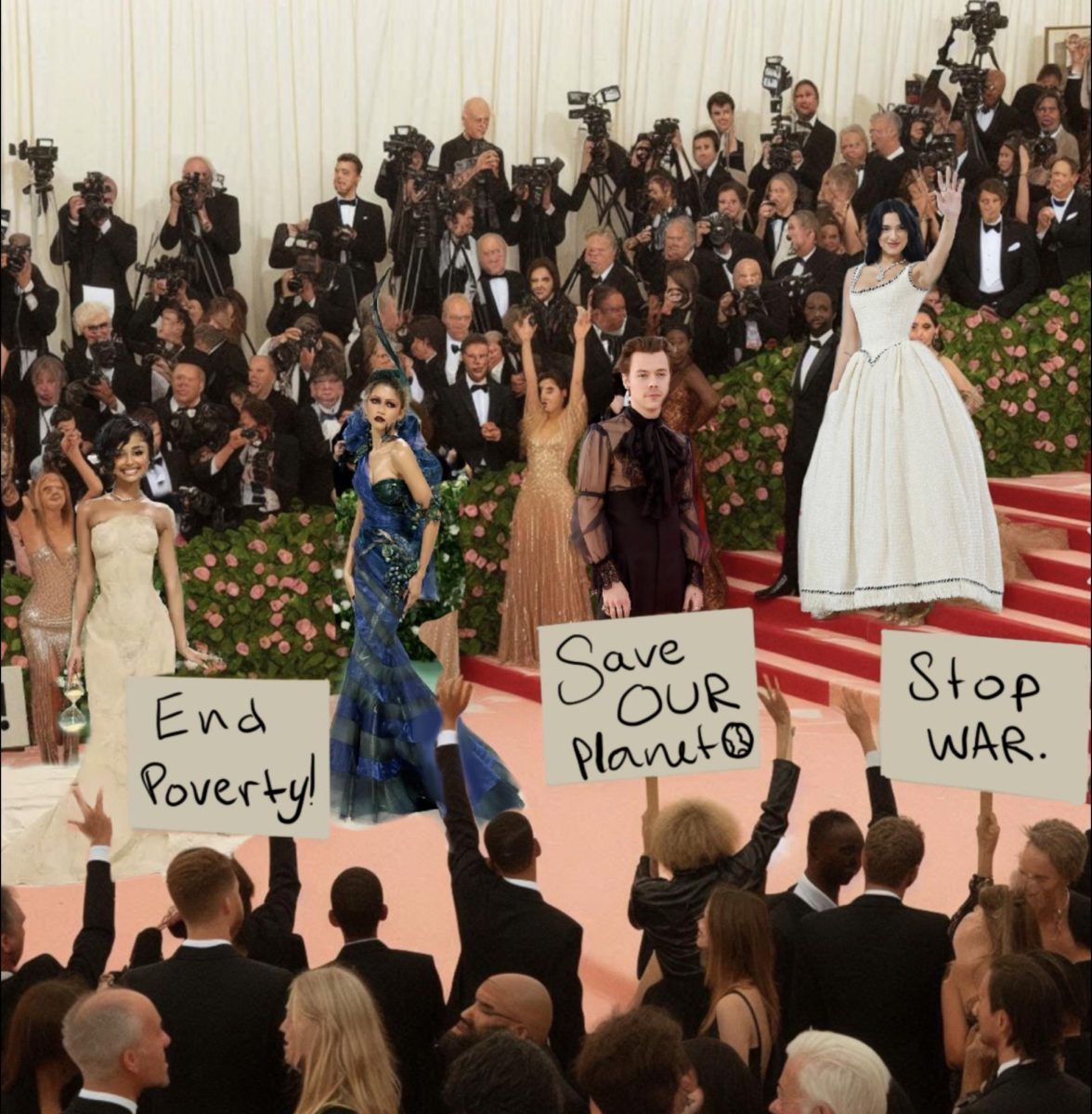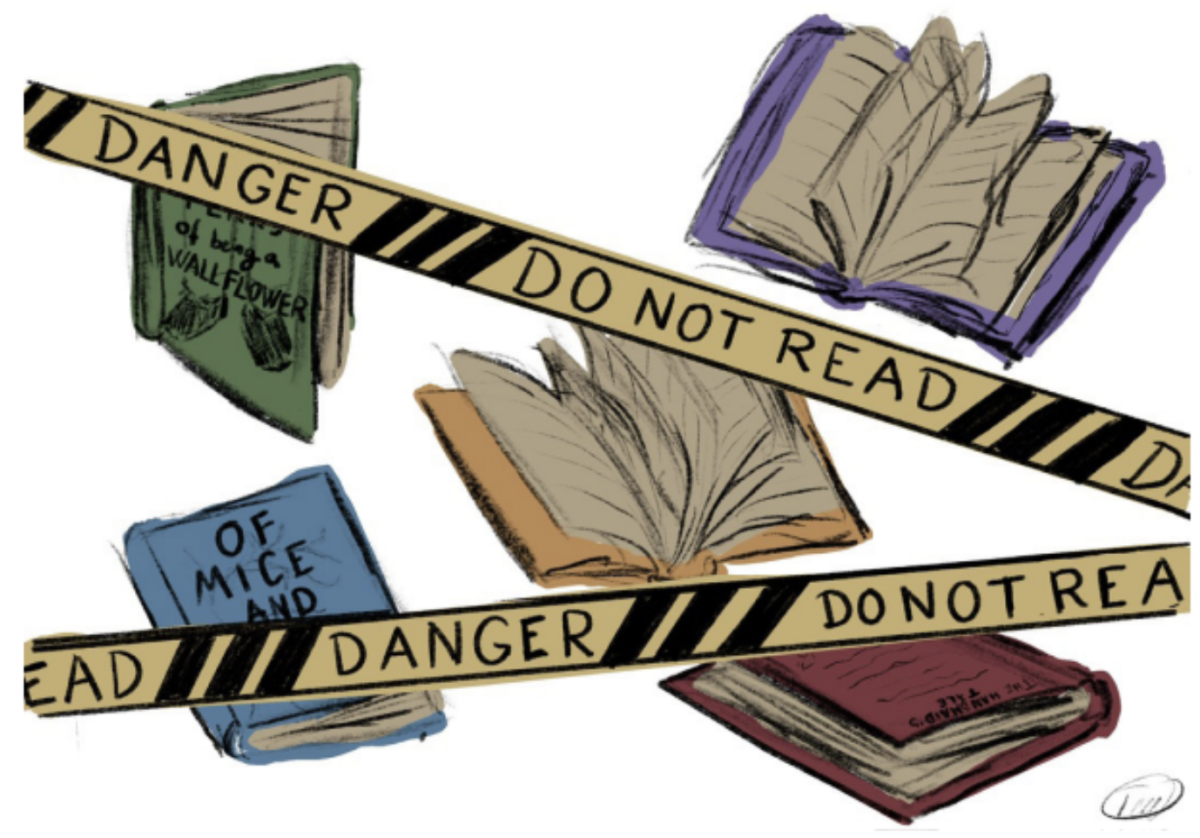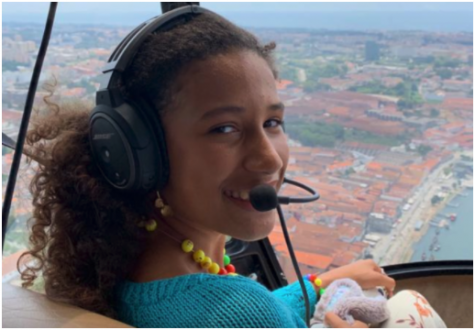Ebony Heslin was not a witch.
She would go to her grave holding to that belief. Witches were the evil old women in the storybooks her mother used to read to her as a child. They were by no means the ordinary girls who woke up one day and discovered they were not ordinary at all.
They were not the girls disowned by panicked parents—disowned by an entire country, an entire world of people who wanted nothing to do with them. They were not the children who were fighting with everything they had simply to survive.
But perhaps that is the secret to being human—surviving. You wipe your tears, and you stand, and you survive, and you pretend you were never injured. And the wound festers and worsens, until surviving is the greatest challenge of your lifetime. Maybe that’s what it is to be human, to be living against all odds, beyond all hope, until you do not wish to live any longer. Until the wound becomes a scab, and then a scar—a permanent part of you, but no longer a hindrance.
These people, with their jewels and their money and their power, would never understand that. This woman, who sat on a throne high above her as if to prove her superiority, had never known a life of survival.
As the Queen of Atija stared at her with the weight of a lifetime’s hatred, as the queen’s children stood in front of her with varying expressions of uncertainty and fear, Ebony felt herself smile.
She met the queen’s glare with one of her own, holding her ground and forcing fury, danger, into her gaze. “Your country calls me a witch,” she confirmed in rough but understandable Atijan. “Would you like to find out why?”




